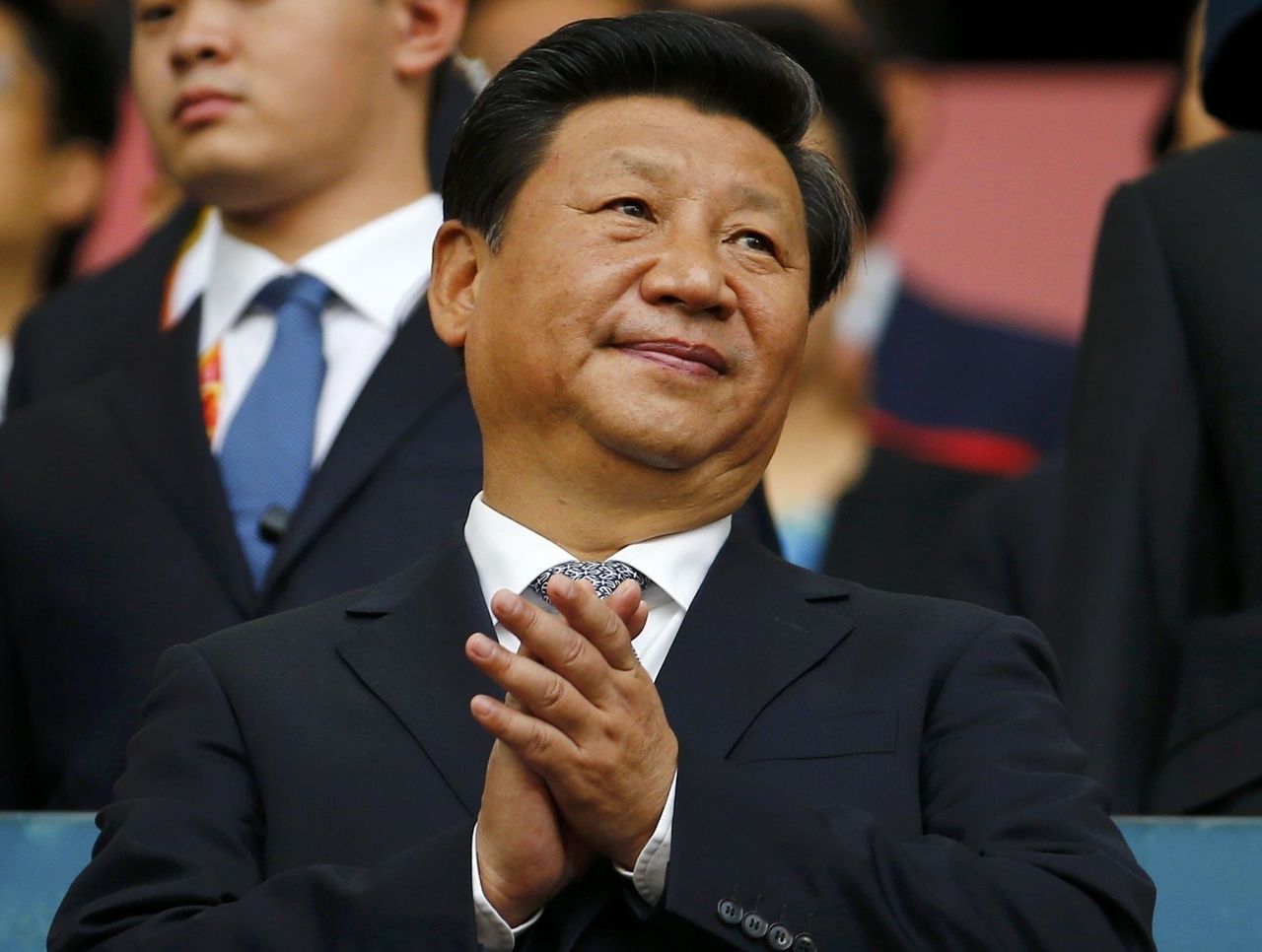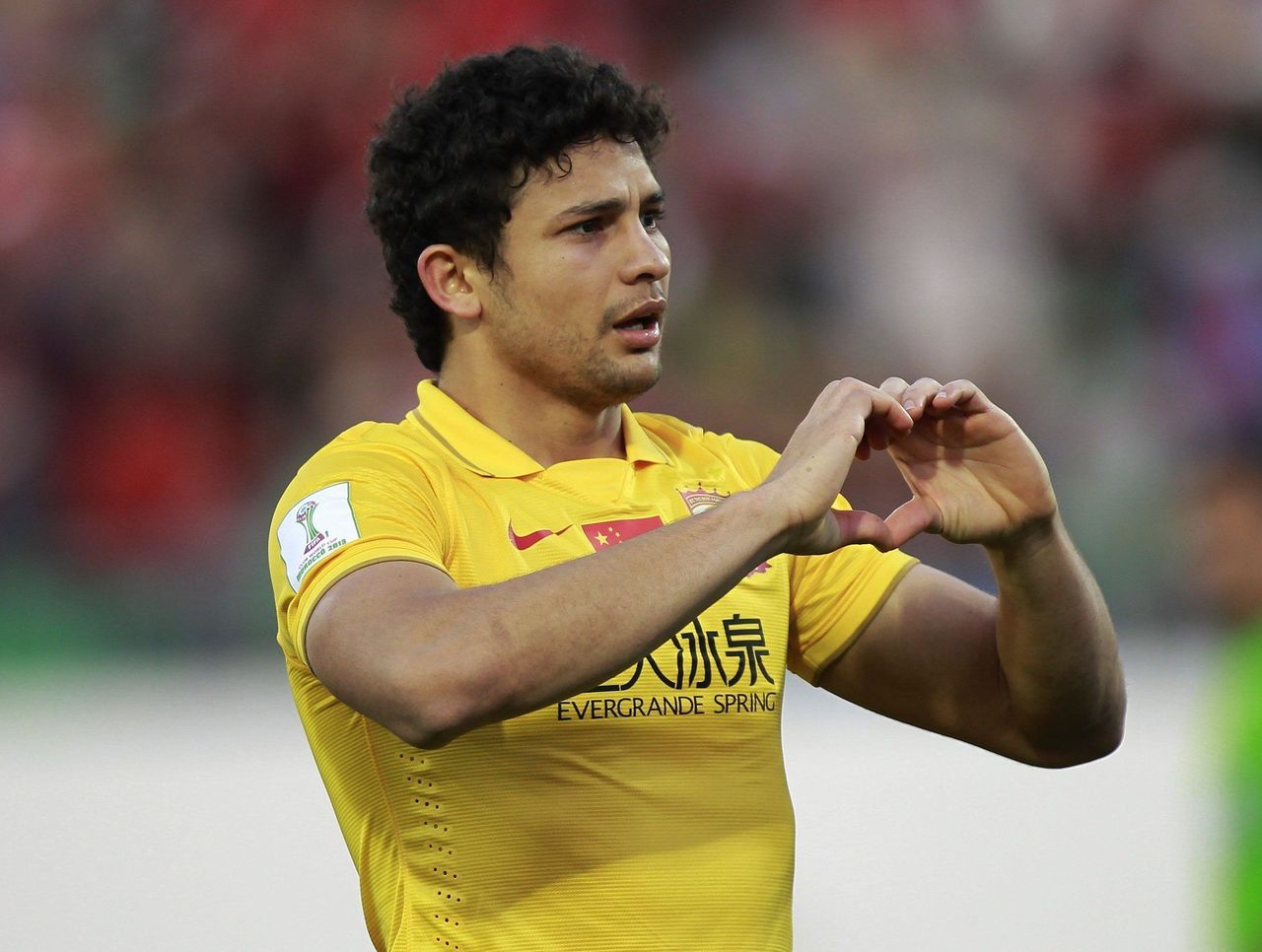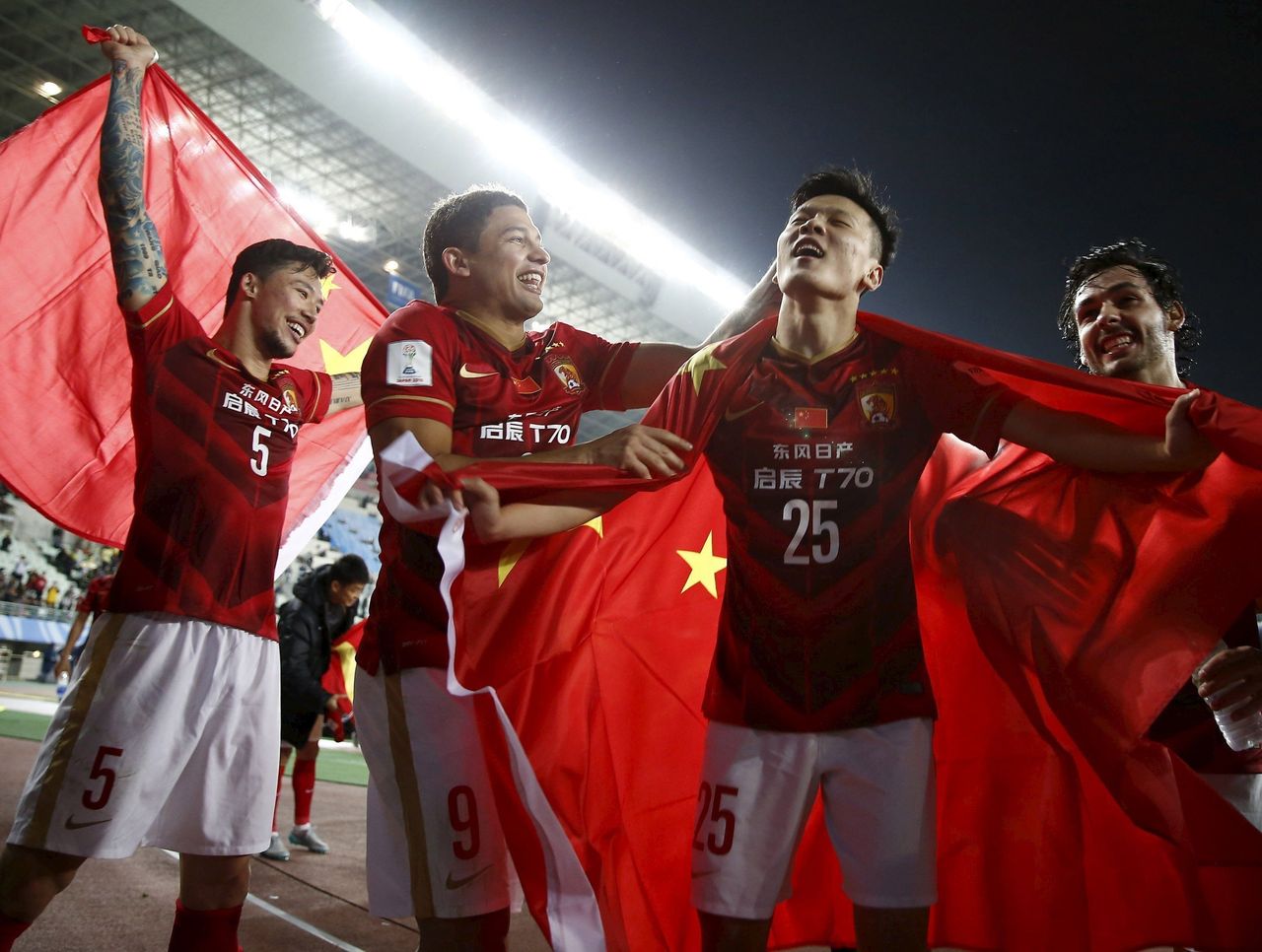Heading East: How China is becoming a football powerhouse
The goal from the beginning for Brazilian Alex Teixeira was never China. If he had his way, he would be a Liverpool player right now, realising his dream of Premier League football and keeping his family in Europe.
The difference was money. Liverpool didn't meet Shakhtar Donetsk's outrageous €50-million evaluation of the 26-year-old. Chinese club Jiangsu Suning did.
"It all happened very quickly, in just a twinkling," he said Friday. "I immediately wondered whether it would be good for me, my family, the club, and took the appropriate decision."
Related: Alex Teixeira completes €50M transfer from Shakhtar to Chinese Super League
Days earlier, Colombia international Jackson Martinez traded La Liga title contender Atletico Madrid for Guangzhou Evergrande in a €42-million deal that took off without much notice. The 29-year-old had played just half a season in Spain, and already he was gone.
Teixeira and Martinez brought China's spending in the current transfer window up to €258.9 million, according to transfermarkt, exceeding the Premier League. Chinese clubs have until Feb. 26 to make further signings as the domestic league begins to attract international headlines, questions of ethics, and criticism of its approach to world football.
At the centre of these schematics is Chinese president Xi Jinping, an avid football fan who put a 10-year plan in place last year that includes 5 trillion yuan in funding, opening 50,000 soccer-specific schools and colleges, and cracking down on corruption within the top flight. The ultimate ambition remains World Cup glory.

But China, which is currently ranked 93rd among FIFA nations, has only participated in one World Cup. It has the biggest population in the Asian continent, and yet it has wallowed at a tier well below Japan and South Korea. Xi wants to change all of that.
The first step is relevance. Despite the recent struggles of the Chinese market, even those clubs without much experience in the top flight have splashed cash. Hebei China Fortune FC only earned promotion to the Super League last season, and it had no problems paying €18 million to Roma for Gervinho. Jiangsu, for years existing as a mid-table outfit, doled out a reported €78 million on midfielders Texeira and Ramires. A reported £75-million bid for Chelsea's Oscar was turned down. And Shanghai Shenhua, the bridesmaid to perennial challenger Guangzhou, brought in Tim Cahill and Fredy Guarin.
The wealth isn't concentrated at the top. Guangzhou allowed Elkeson, its top scorer from the previous year, to join rival Shanghai SIPG "for the purpose of supporting Chinese teams to compete in the AFC Champions League and for the national glory," the club said in a statement. Of course, Guangzhou received a record-high transfer fee among Chinese clubs, but the intention is clear: universal success.

And it isn't exactly state money at play. While the Chinese government does have investments in football - most notably Manchester City, in which state-run China Media Capital took a €377-million stake in November - several of the country's clubs run independently. Property developer Evergrande and e-commerce site Alibaba own Guangzhou, and another developer backs Hebei.
But they share the same aim, and they are trying to seize Western assets to prove their legitimacy as a league.
That attempt isn't limited to big-name signings. A self-described "strategic partner of the Chinese Football Association," Chinese light manufacturer Ledman demanded that teams from the Portuguese second tier field at least 10 Chinese players in the lineups of the division's top sides after agreeing to sponsor the league. Those requests drew heavy criticism, and Ledman eventually retracted them, according to the Guardian.
All of it, however, amounts to a declaration of ambition from a large corner of the world forgotten by the game's establishment.
"Yes, of course, the Premier League should be worried," Arsenal manager Arsene Wenger, who enjoyed a stint with Japanese side Nagoya Grampus Eight between 1995 and 1996, said. "Because China looks to have the financial power to move a whole league of Europe to China.

"We are long enough in this job to know that it's just a consequence of economic power and they have that. Will they sustain their desire to do it? Let's remember, a few years ago, Japan started to do it and slowed down after. I don't know how deep the desire in China is, but if there's a very strong political desire, we should worry."
The trip to the Far East isn't without complications. The possibility of going unpaid is real. In 2013, Didier Drogba and Nicolas Anelka left Shanghai after claiming they hadn't received their wages. And just last month, striker Luiz Adriano's move from AC Milan to Jiangsu fell apart after the club failed to offer assurances about his salary.
Questions about the program's true meaning also remain. With every foreign signing - Brazilians in particular - the chance for Chinese talent to shine drops. Teams are dedicating huge funds just to flex their financial muscles, and the national team could suffer for it. The phenomenon isn't too dissimilar to what's happening in England right now.
"Other clubs have seen, too, the political and marketing gains that can be made by representing a certain city or province with a successful team," player agent Christopher Atkins told the New York Times. "People talked about China next up being a stepping-stone league, but they've just skipped that phase.”
Whether China can compete on the world stage 10 years from now depends on many factors. Money is the biggest one, and so far it's swayed players, including Teixeira, to change original plans for this one.